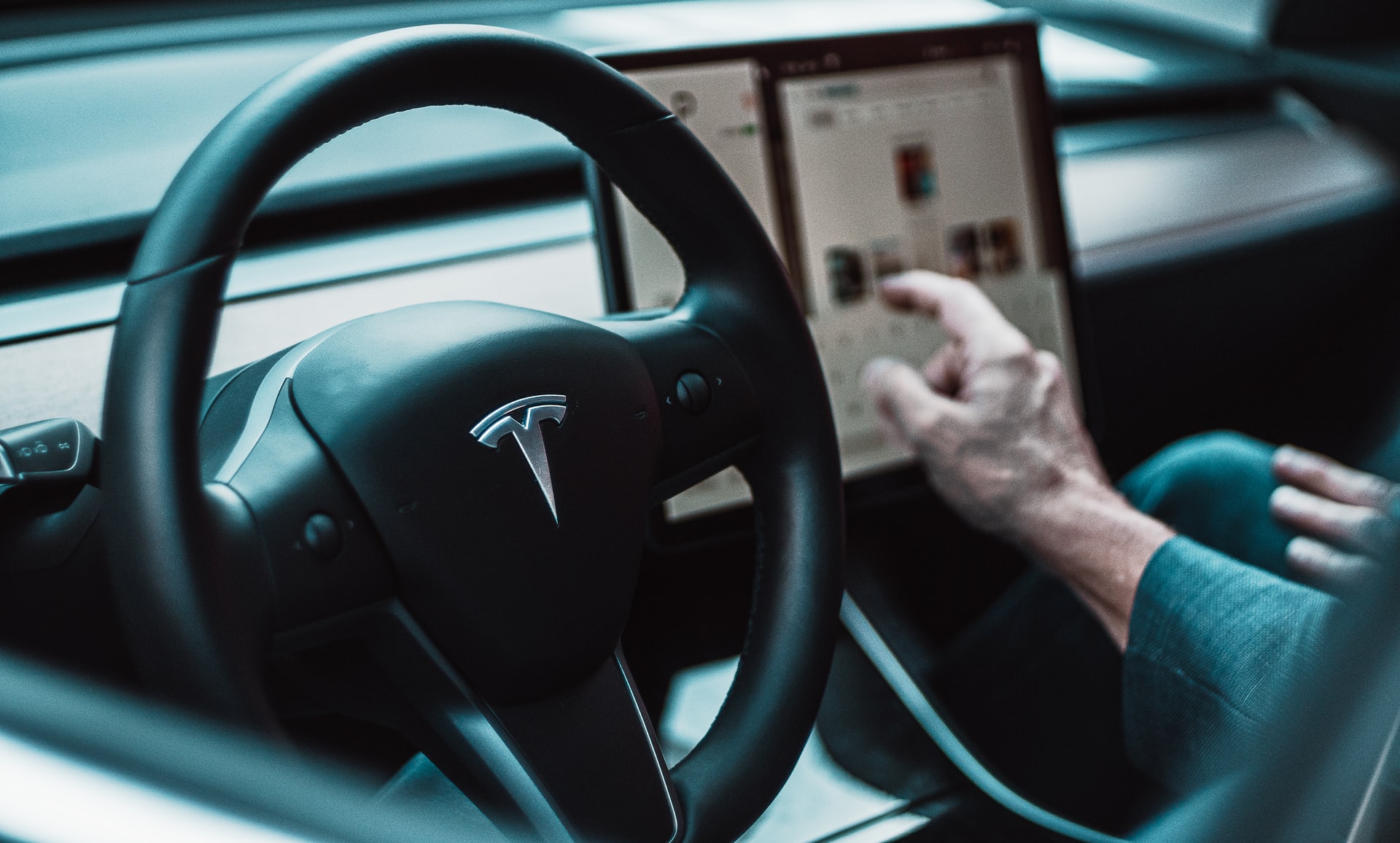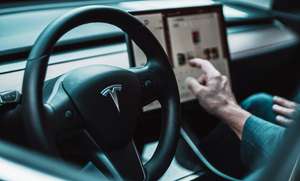
Buyers Guide
Electric Car Buying Guide
Introduction
If you are considering buying an electric car or just what to know what the fuss is about, this guide is intended as a summary to help make things clearer.
An electric car (sometime called an EV or electric vehicle) can either be fully electric (powered by a battery) or a combination of an electric motor with a conventional engine or a generator. There are many to choose from depending on your needs and there are many more to be released over the next few years. The top speed and acceleration performance of electric cars now matches or exceeds that of conventionally fueled cars.
Where to Buy
The new generation of electric cars are sold by major car manufacturers, so the place to look if you want to know more is often with your local dealer (with a few notable exceptions, like Tesla who don't have a conventional dealer network but may operate a showroom near you). Not every dealer for a given manufacturer will stock the electric models but in some cases these can be ordered in. In general, all major manufacturers have or are planning to offer an electric car in the near future.
When choosing your dealer, you should consider how you will get the car serviced if the dealer you're buying from is further away than your cars range will support. Currently electric cars require specialist servicing and your local car mechanic will generally not be able to service your car.
Owning an electric car vs. a petroleum or diesel car
Typical chores with regards to owning a conventional car include servicing and refueling. Owning an electric car doesn't change this but generally you will have somewhat less servicing due to a reduction in the number of moving parts. The battery in an electric car is the most expensive component to replace and would cost at least as much as an entire conventional engine to replace. Refueling takes place by charging your car from an electricity point either at your house or out and about (see the charging section).
Charging
Assuming your car will be fully electric (with no conventional engine or range-extending generator) then you need to charge your battery up regularly. How often you need to do this will depend on how far you travel each day and the 'range' of your car. How quickly you can recharge depends on the supply you're plugged in to but typically a domestic charge at 240 Volts on a 13 amp socket will take between 6 and 10 hours depending on the technology used in your car. Fast or High Performance Chargers (HPC's) are industrial strength chargers which some makes of car can use to charge to 80% in 30-45 minutes. No commercially available electric cars can currently charge much faster than this, however that will change significantly over the next few years.
Range, or how far you can go on one charge?
Range is an indication in Miles or Kilometers of how far it can go on a full charge before running out of battery power and need to recharge again. A typical range figure is 100 Miles between charges or more, however extra cold or extra hot weather will reduce this, as will driving aggressively (with lots of rapid acceleration and braking). In practise a car quoted as having 100 mile range may run out of charge much sooner (as low as 60 miles total range) if subjected to extreme driving or very low/high temperatures.
Battery Life & Warranty
Manufacturer warranties on electric cars will normally cover the battery and electric drive components. You should check with your dealer but typically warranties are 5 to 8 years cover for battery and electric drive components. This won't cover standard wear and tear and you should expect your battery to gradually hold less charge over several years.
Arguments for and against electric cars
Overall, fully electric cars have massively cheaper fueling costs (less than one fifth the cost of a petrol per mile) and are responsible for less carbon emissions than even the best petrol or diesel cars. Electricity is however not always 'green' in the way it is produced. If you're considering an electric car to be 'Green' or 'Eco' then opponents of electric cars will be quick to point out that you will be consuming electricity from 'dirty' power stations. This is because in many places Coal or Gas is burned to produce electricity. You can however often opt to buy your electricity from 'green' suppliers who will favour cleaner methods of electricity generation if being as kind as possible to the environment is high on your list of priorities.
Range
How far you can go on one charge is an often quoted limiting factor for choosing an electric car. For many people a typical range of 100 Miles (160 KM) is more than enough to get home and back several times before having to plug in and recharge the battery.
Some people will however will need much more range than is available in most current fully electric cars. Some people will have no practical way to charge their car regularly, others are simply not comfortable with the idea of relying on a battery instead of petrol or diesel. For those the best options are either:
- Range-Extended electric car: a car with an onboard petrol/diesel generator to provide extra electricity. The car can either be recharged by plugging in or filled with normal fuel.
- Plug-in Hybrid Electric Vehicle (or PHEV): a car with an electric motor joined with a conventional engine. Again, this type can be plugged in to charge but needs normal fuel also.
- Hybrid: a conventional engine supplemented by an electric motor, charging is done by recovering energy from the movement and braking of the car. Some limited electric driving may be available. This type of car doesn't plug-in to charge and always needs normal fuel.
- A conventional diesel or petrol car.
Environmental Impact
A common argument against electric cars is the environmental impact of the battery. New electric cars now have batteries which can be partially, or in many cases, fully recycled. The manufacturer of your car will have recycling plans in place for your battery as it contains very valuable components and elements. When your car battery ages (after 5-10 years or a few thousand full charges) it will hold less charge and eventually you will want to replace the battery (which will be expensive unless a subsidised replacement is provided by the manufacturer) or buy a newer car. For many this means that you would sell your new car within a few years of buying it in order to avoid taking on the full deprecation in value. This is however also true for many conventionally fueled cars. Some manufactures chosen to offer battery leasing (so you never own the battery), that way you don't need to be concerned with battery replacement in the future.
Is an electric car right for me?
A fully electric car may be right for you if you can answer yes to some or all of the following:
- You have easy access to a power socket overnight or a local high performance charge point
- You have access to a second vehicle for very long journeys, or:
- Your journeys are typically short and would not normally approach the range of the car your considering. On average people do tend to make short journeys (less than 40 miles per day).
- You want to choose a 'green' or 'eco' vehicle and you're aware of how cleanly your electricity is (or isn't) being generated. Generally speaking, electricity is always cleaner than burning petrol or diesel directly.
You should consider a range-extended or plug-in hybrid, instead of a fully electric car if:
- You generally make long journeys (greater than 150 miles/240KM per day).
- You don't have easy, dependable access to a charge point or electricity.
We hope this guide is useful for you and answers any common questions, if you have any comments or feedback, please let us know.

